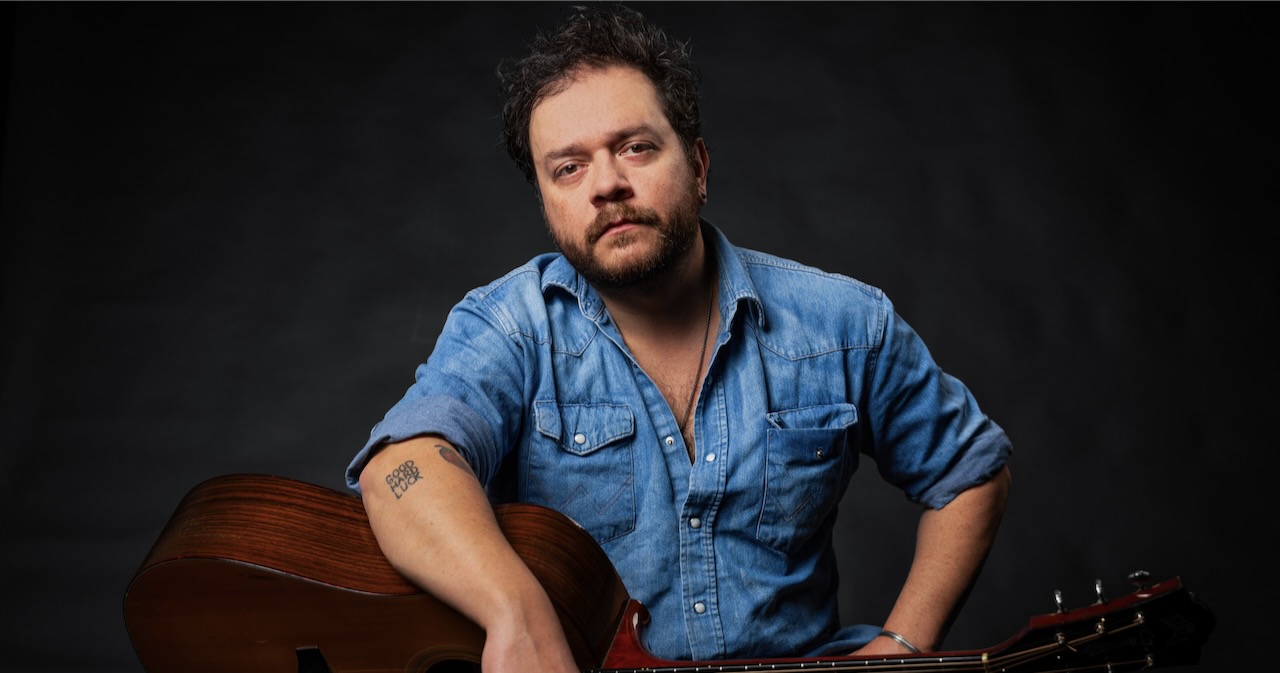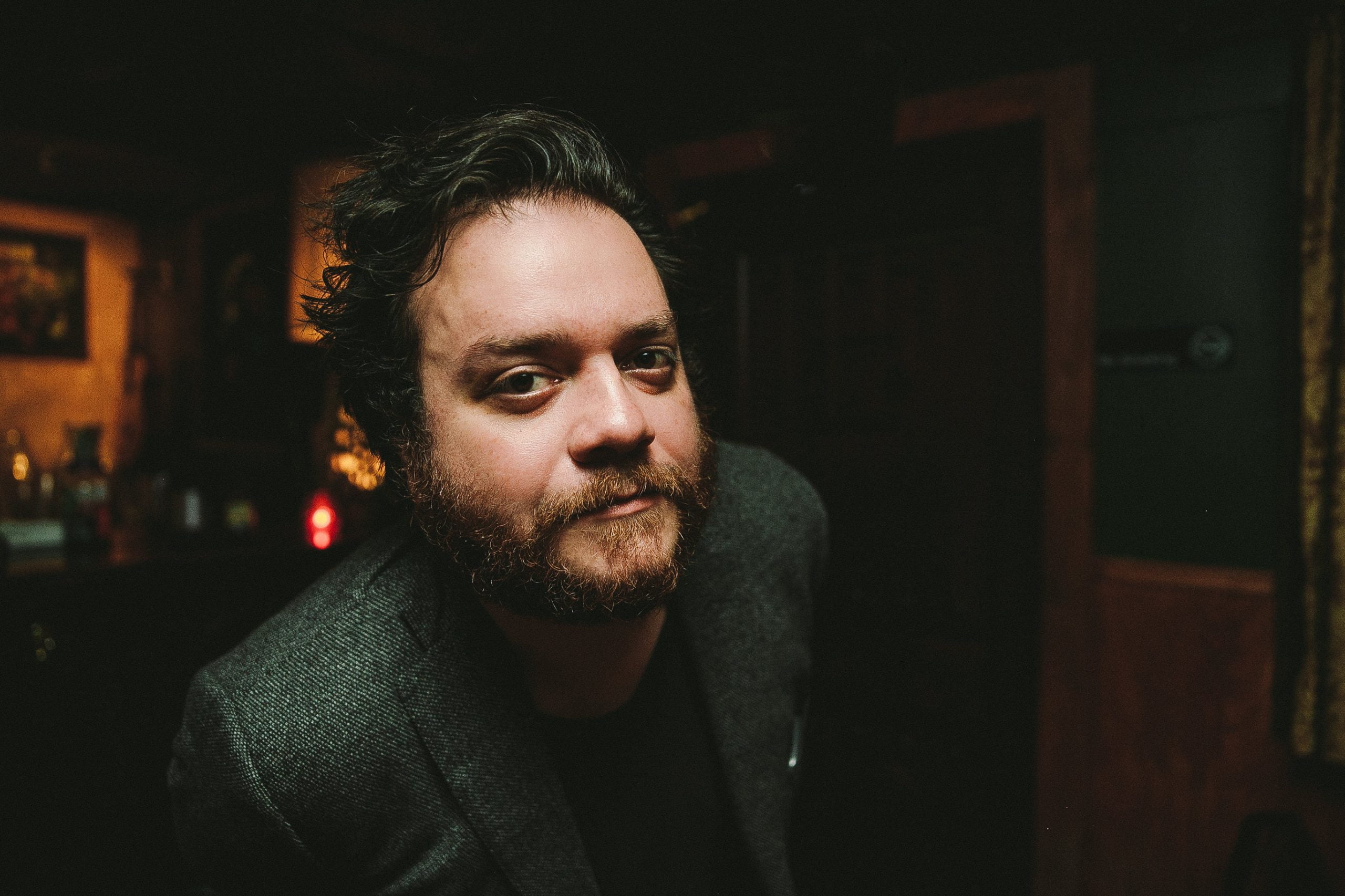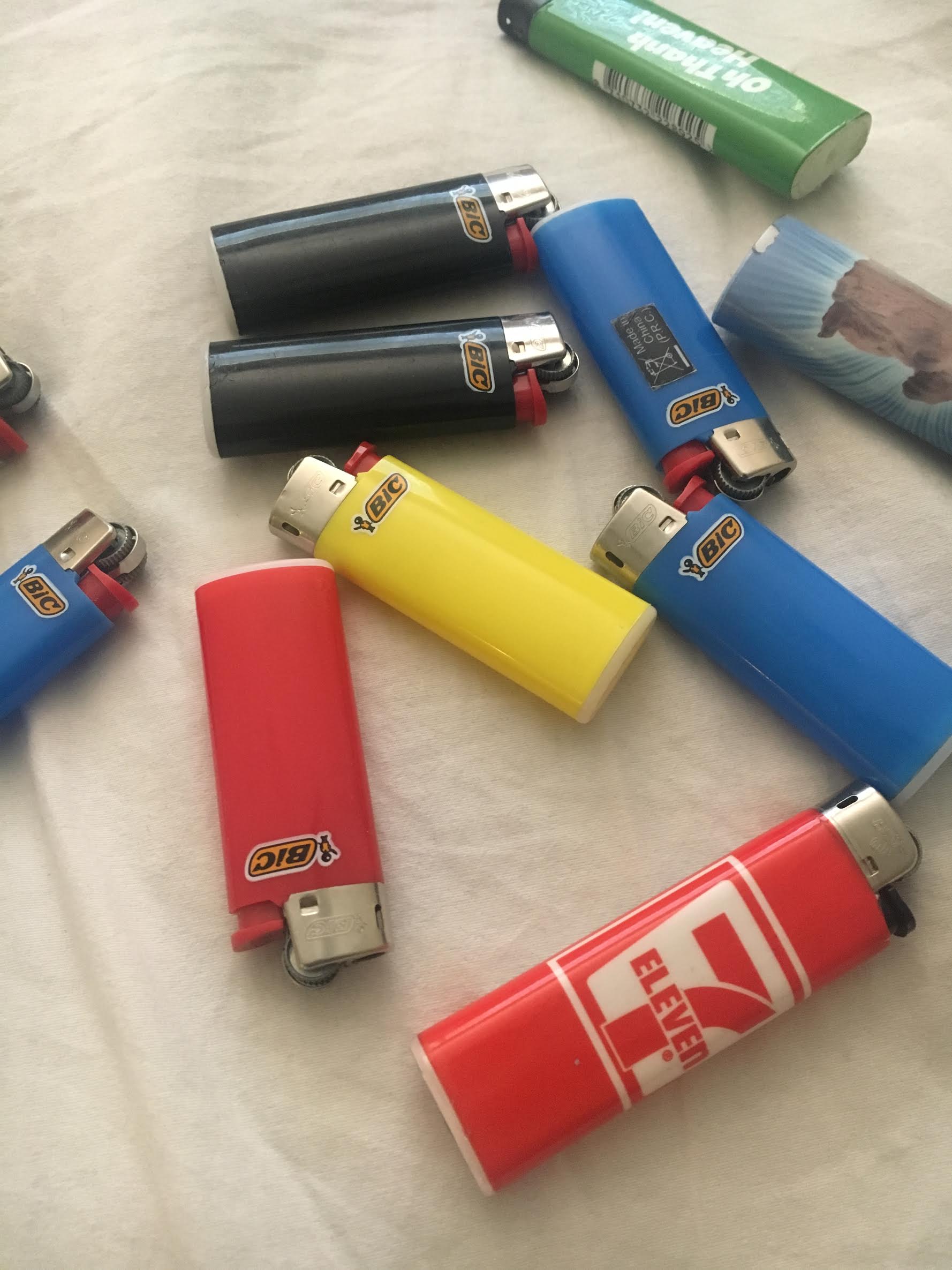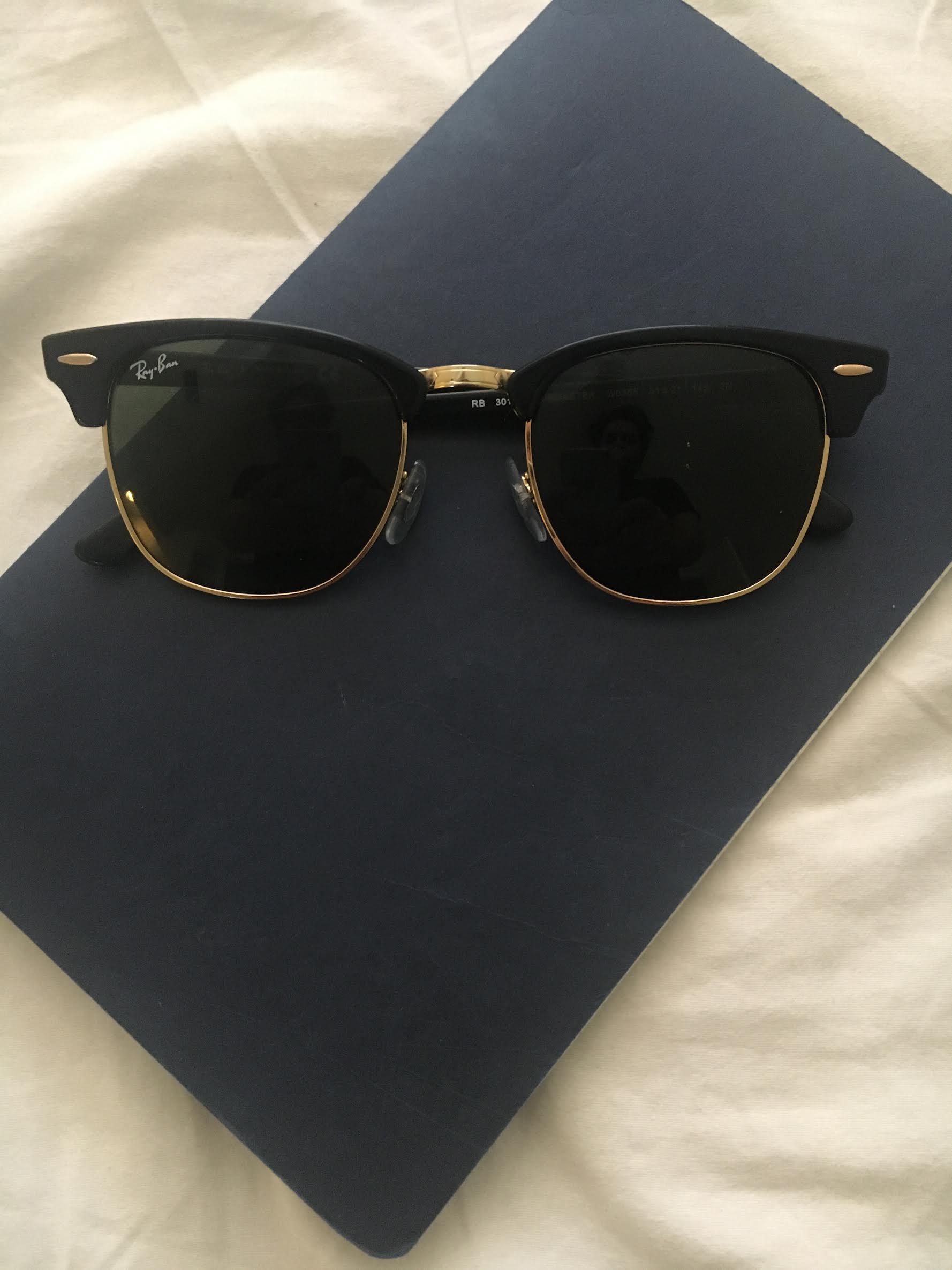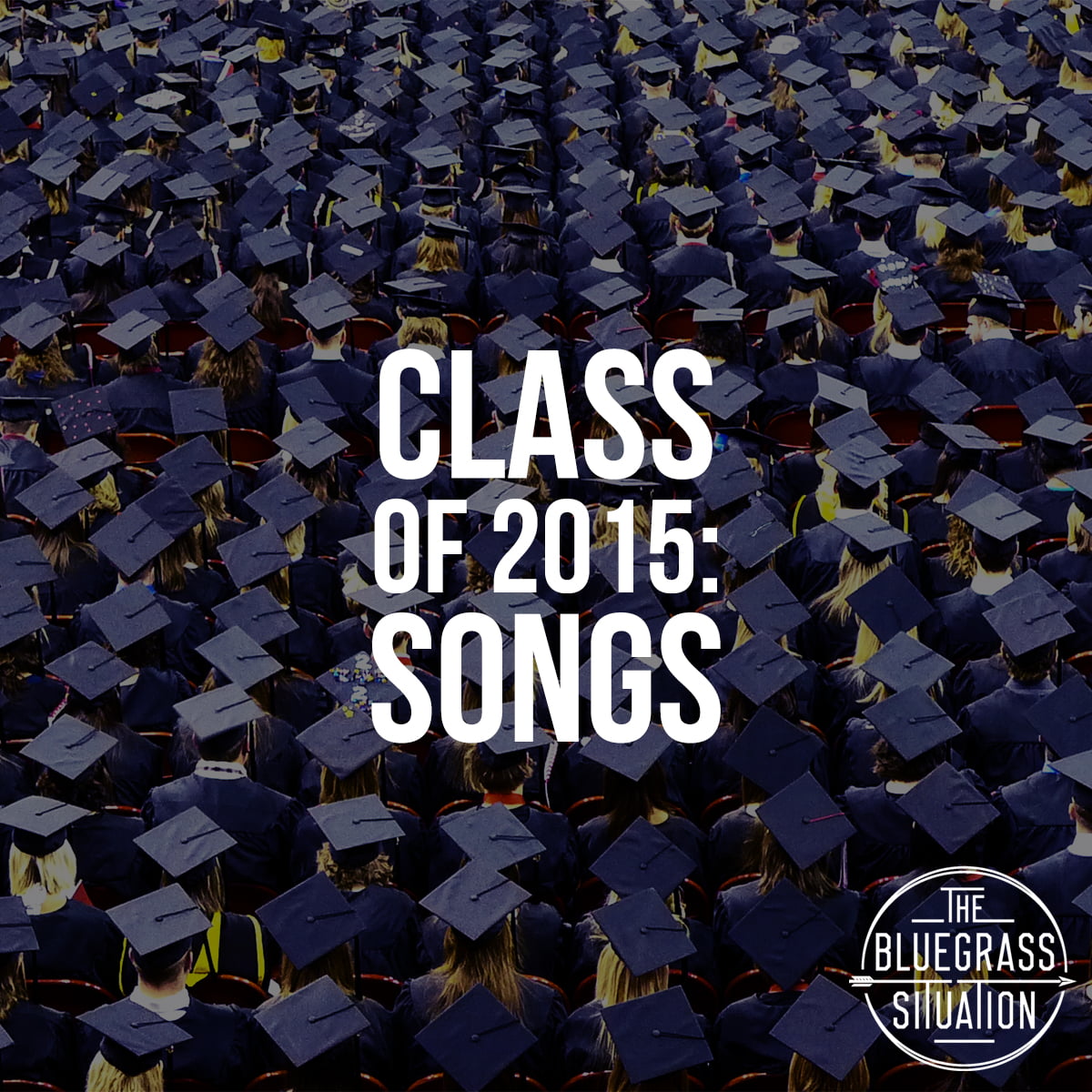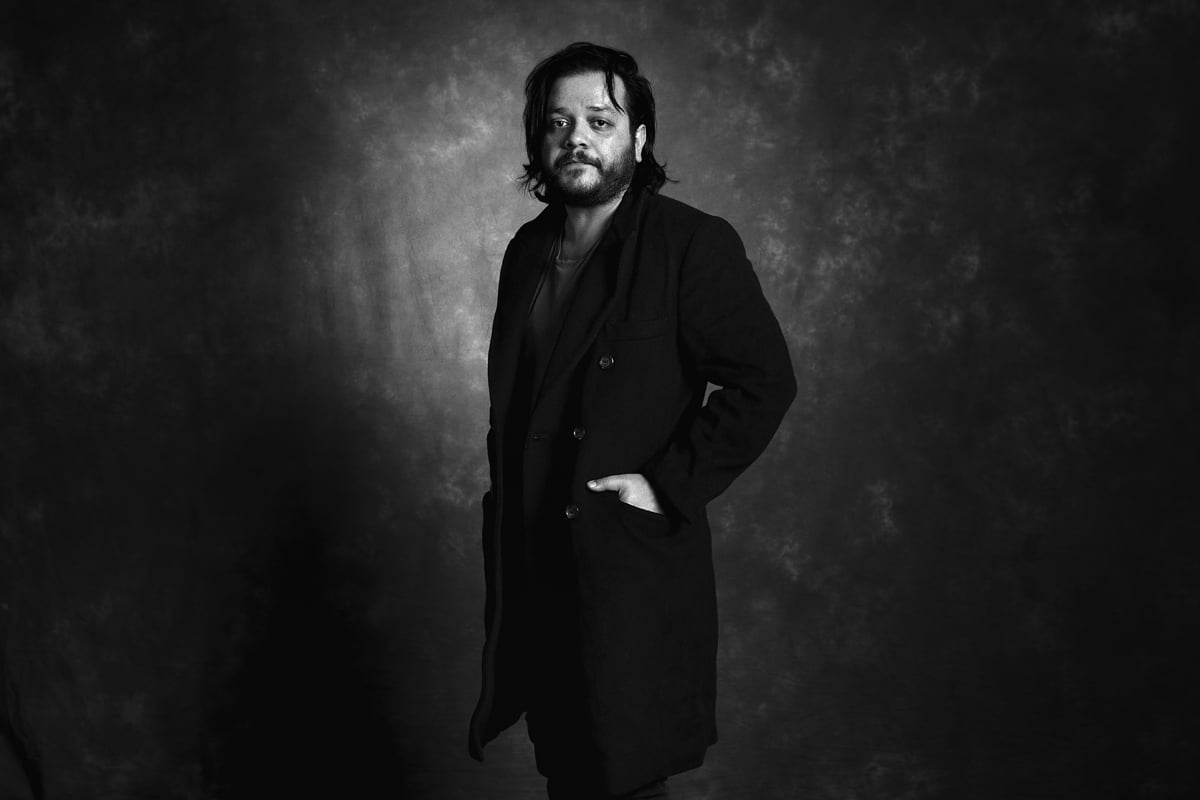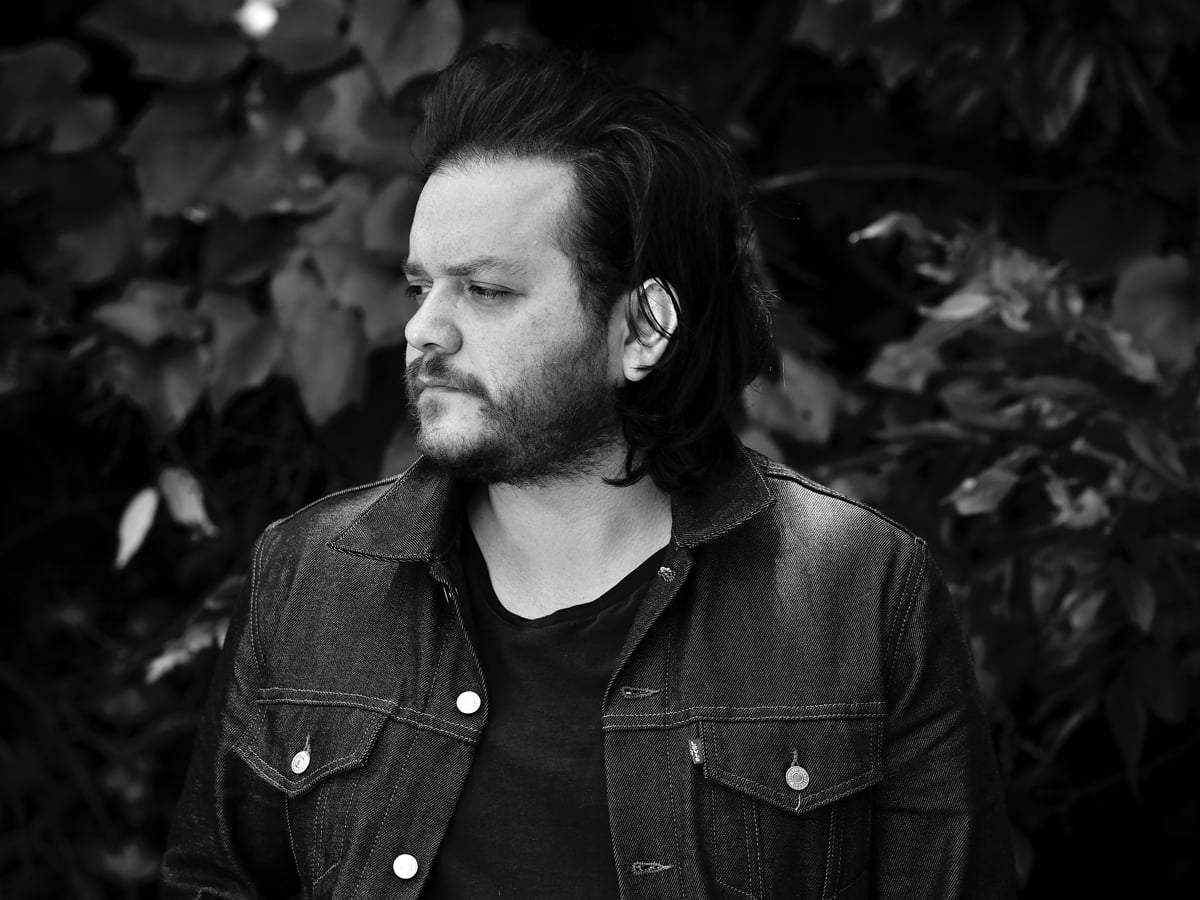The first key to All the Not So Gentle Reminders, the sixth album by singer-songwriter David Ramirez releasing on March 21, is “Maybe It Was All a Dream,” the moody, elegiac song that opens his first LP in five years.
There are no lyrics to spell it out for the listener. It’s an instrumental, mostly a synthesizer riff over drums and a stately organ interspersed with a muffled, mysterious, and unintelligible voice. It’s more about mood – think Twin Peaks – than anything specific.
“The connection I have with it, which is a little too personal for me to share, it just felt right to open the record,” Ramirez said. “I had already gone into it knowing that I wanted some very long and dreamlike intros and outros to some of these songs. So it just seemed like a very fitting thing to have it all tie in by introducing the record with a musical number.”
The second key to the album is “Waiting on the Dust to Settle,” the second track, where Ramirez confides he doesn’t yet know where he’s headed.
“Amen, I can see it in the distance, the potential for a new beginning,” he sings. “I don’t recognize this place anymore … [I’m] waiting for the dust to settle.”
In our BGS interview below, you’ll learn the identity of the third key song on All the Not So Gentle Reminders, why it took so long to record and release the new material, and how the album’s lush string arrangements are a sign of the maturation of the artist.
The string arrangements on the album are very prominent, a counterpoint that duets with the lyrics. What brought that on?
David Ramirez: Yeah, for sure. I’ve never worked with strings before and just to kind of stay in the same lane of this dream world that I was trying to build, it made sense. … I’ve been doing this thing for a while now, but I feel like bringing strings into an album, I felt very adult for the first time. It felt good. It was really exciting.
Why did it take you five years to get this album out?
It was COVID and a breakup that kind of paralyzed me from being creative. I didn’t want to directly reference [the breakup]. There is one song on the album called “Nobody Meant to Slow You Down” that is direct from my last relationship. But the rest of it, I wanted to explore some other things.
You have Mexican heritage. Things are going badly for Mexicans and Mexican Americans — and immigrants and their families from many nations and backgrounds — in the U.S. now. Any reason you didn’t tackle that?
I have a couple of political tunes on past records and it’s something that I address during shows. This record for me, especially with the state of my heart recently going through a pretty big breakup that was extremely world-shaking for me, I didn’t want to put out for personal reasons a heartbreak record. … I did write some songs that were more social and politically heavy and I’m reserving those for an EP or my next album. I have this new song that I’ll release sometime later this year, called “We Do It for the Kids,” which is probably my most political tune to date and it’s a pretty heavy one.
To get the full effect of your songs, close attention must be paid to the lyrics. Is that a challenge during shows where people are also socializing?
I’m lucky enough to have people here in the states who’ve been following me for a while and they enjoy the lyrics. They enjoy how meditative it is. But the shows aren’t just that. I do not like going to see a songwriter and they sing for two hours and it’s just dark and depressing the whole time. So we mix in a lot of music from a lot of different records and make sure that there’s a dynamic and it’s fun and it’s funny and it’s upbeat.
Sure, there are slower and more contemplative moments. But we like to put on a show. … In Europe, they’re very polite and you can put on the most rocking show and they’re going to give you a golf clap. They’re there for the songs and the stories. So I generally have to curate a different set when I’m overseas.
You’re based in Austin, Texas. Did you grow up there?
I was born and raised in Houston, playing baseball growing up. It wasn’t until my senior year in high school that I met these fellow students who were all in theater and choir, and those relationships led me to stop playing ball and join choir and join theater and pick up an instrument and start writing my songs. I went to Dallas for a brief time to attend [Dallas Baptist University], and that’s where I started playing out in front of people for the first time, whether it was just open mics or the midnight slot at a metal club where they allowed an acoustic songwriter guy to show up and close out the evening. I was just so desperate to play that I didn’t really think twice about it. In 2007 and 2008 I lived in Nashville and then I moved here to Austin, Texas, in December of 2008 and I’ve been here ever since.
A third key track on the album is “The Music Man,” where you credit your father for helping spur you to make music.
“The Music Man” is a song I wrote about my father who gave me a Walkman when I was 10 years old. There are many people I can thank and [to whom I can] attribute my passion and my love for not just music itself, but for writing and performing it. But if I’m really upfront and honest, I think it goes back to when my father gave me his favorite cassette tapes and how that led to this life as a 41-year-old where I make records and tour the world full-time.
Who were the artists on those cassettes?
The Cars Greatest Hits. That’s obviously a rock band, but the song that I was so obsessed with was [the downbeat] “Drive.” Then I went to the Cranberries, and then to Fiona Apple, and then I went to Sarah McLachlan and that led to Radiohead.
… There’s this melancholy nature and mood that all those records have that at such a young age made a deep impression on me. I didn’t start playing music till seven, eight years after that, but by the time I did pick up a guitar or pick up a pen or piece of paper and start writing down my feelings, I think all those influences from such a young age really started to show their faces.
Any one artist in particular that inspired you to take up songwriting?
When I was 21 I got Ryan Adams’ Gold and that was just a big, massive influence musically for me. … That really locked in for the first time how I wanted to tell stories and what kind of stories I wanted to tell. Ryan and I don’t know each other, but his records led me to folks like Gillian Welch & Dave Rawlings, Neil Young, and Bob Dylan. He was the doorway to a lot of a lot of greats that weren’t really coming my way when I was in high school.
Are you comfortable with your music being categorized as Americana?
I don’t mind it, but I don’t really understand it either. If you say it’s Americana, people assume that it’s more country and I don’t feel that way at all. The more I do it, [I prefer] just “singer-songwriter,” because at least that offers freedom. Because every record I’ve released sounds different than the last. So at least with singer-songwriter, I can kind of have the freedom to evolve and change.
Photo Credit: Black Sky Creative
